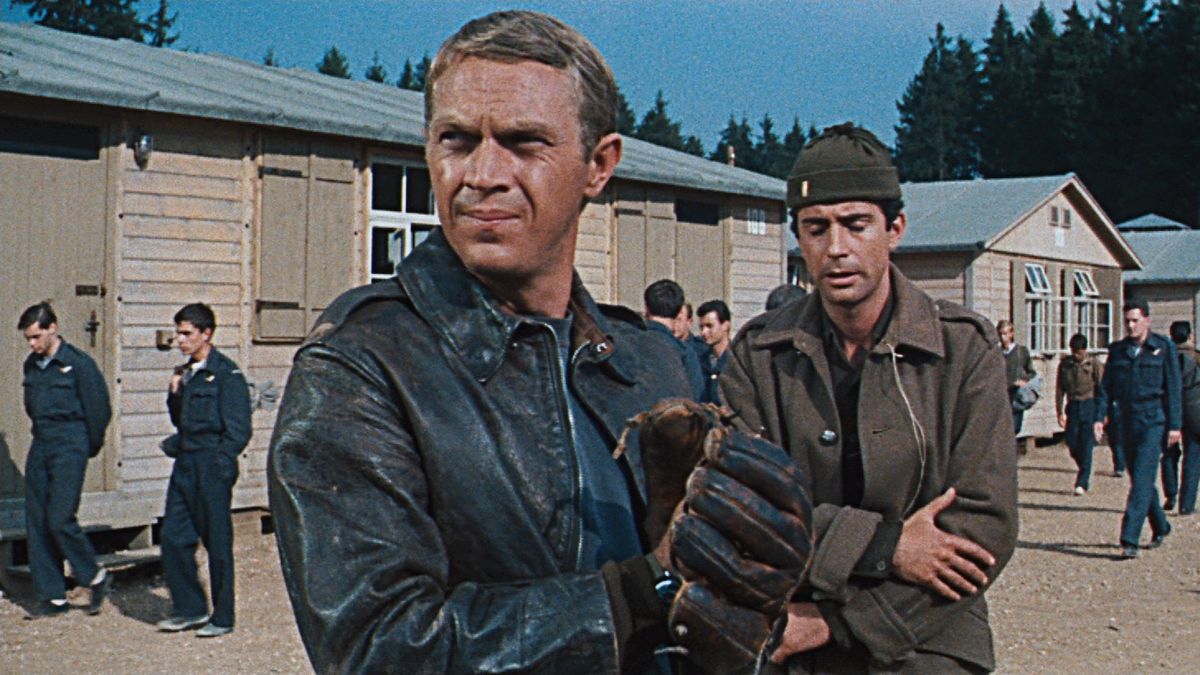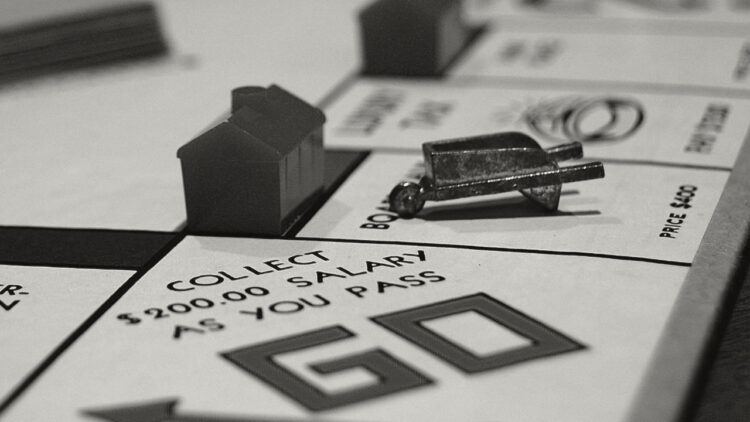During World War II, Monopoly took on an unexpected role as a tool for escape and resilience for Allied prisoners of war (POWs).
Recognizing the potential of the game as a cover, British intelligence agencies collaborated with the manufacturer of Monopoly, John Waddington, Ltd., to create special edition sets for Allied POWs. These sets concealed hidden escape tools, such as maps, compasses, and real currency, within the game board and playing pieces. The deception was so convincing that German captors often overlooked the potential significance of these seemingly innocuous items.
Monopoly’s game board, adorned with a vibrant cityscape, proved to be a valuable tool for planning escapes. POWs ingeniously used the board’s squares and properties to represent actual locations, providing a visual reference for escape routes, key landmarks, and potential hiding spots. The game’s small playing pieces served as markers to identify guard patrols, fortifications, and other important details. This covert intelligence gathering played a crucial role in planning successful escape attempts.
In addition to aiding escape planning, Monopoly sets were also used for the production of counterfeit documents. POWs would skillfully alter the game’s play money to resemble real currency, carefully replicating markings and designs. These counterfeit bills were then used as bribes or currency to facilitate escape attempts and acquire necessary supplies from guards or locals.
Sir, I write as the former archivist for John Waddington, the company which made Monopoly during the Second World War.
In his article about Monopoly, Ben Macintyre states that the special sets of Monopoly were sent to prison camps via the Red Cross. Waddingtons produced many escape aids which were sent to the Nazi prison camps, but these were always sent via private, often fictitious, organisations like the Licensed Victuallers Prisoner Relief Fund. No escape aids were enclosed in the Red Cross parcels, so that the Germans would have no justification for stopping these much needed parcels from reaching the prisoners.
It is untrue that safe houses were shown on the maps, as there was a virtual certainty that some of the maps would fall into German hands — the Germans were not fools when it came to tracking down prisoners’ ruses.
Beyond their practical applications, Monopoly games provided POWs with a sense of normalcy, entertainment, and a means of preserving morale. Captured soldiers would gather around the makeshift boards, engaging in spirited games that offered temporary respite from their harsh conditions. Playing Monopoly fostered camaraderie, encouraged mental stimulation, and helped soldiers maintain a sense of purpose and hope during their captivity.
While the precise number of successful escapes facilitated by Monopoly games remains unclear, their impact on the morale, resourcefulness, and determination of Allied POWs cannot be overstated.
*The views and opinions expressed on this website are solely those of the original authors and contributors. These views and opinions do not necessarily represent those of Spotter Up Magazine, the administrative staff, and/or any/all contributors to this site.

